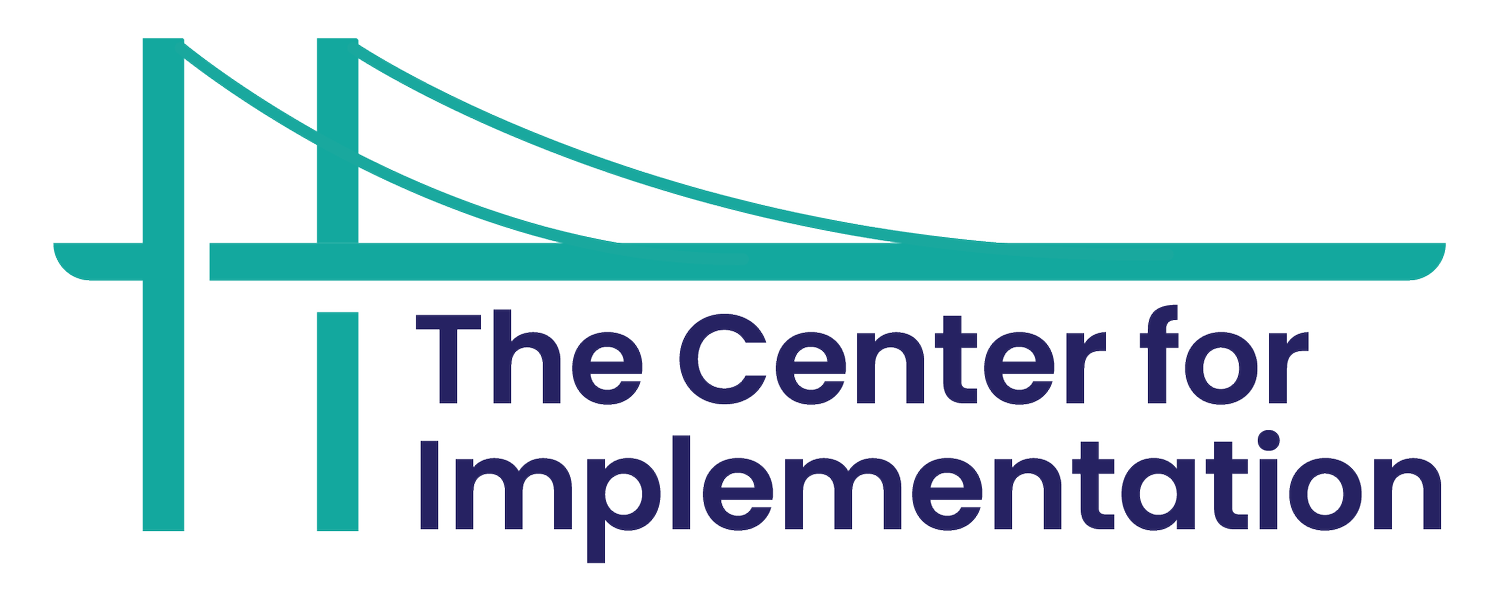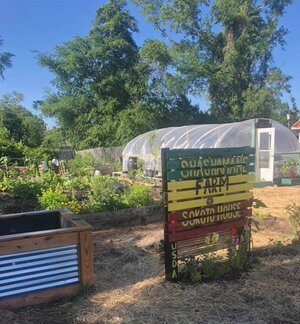Project Spotlight: CommUnity Healing through Activism and Strategic Mobilization (CHASM)
By Rumana Shams Rabbani, MHA, Doctoral Student, RWJF Health Policy Research Scholar; Co-founder/Director of Improvement Science and Policy, CommUnity Healing through Activism and Strategic Mobilization (CHASM); Advisory Board, Sokoto House (Cultural Hub & Community Development Center), and
Abdul Hafeedh bin Abdullah, Co-Founder/Director of Programs and Community Mobilization, CommUnity Healing through Activism and Strategic Mobilization (CHASM); Executive Director / Founder, Sokoto House (Cultural Hub & Community Development Center)
CommUnity Healing through Activism and Strategic Mobilization (CHASM) is a Community-Led Organization of strategic learning and practices that aims to build capacity for Community Health Workers (CHWs) and Community-Based Organizations (CBOs) within historically marginalized communities, neutralize systemic inequities, and enhance harmony within the social ecology of our society.
CHASM was founded by Rumana Shams Rabbani and Abdul Hafeedh bin Abdullah. Abdullah co-leads with the lens of violence prevention and empowerment for communities through CHW interventions; Rumana co-leads with the lens of racial equity and justice to empower CHWs through public policy and systems transformation. Rumana is currently a RWJF Health Policy Research Scholar focusing on racial equity and CHWs using Implementation Science (IS) and Design Thinking.
CHASM’s models and frameworks for implementation
CHASM’s work is grounded by the social-ecological framework and social-determinants-of-health where CHW interventions are addressed across the intrapersonal, interpersonal, community, organizational to policy / systems levels using IS strategies and readiness assessment. CHASM focuses specifically on hybrid type 1, 2, or 3 design using Popular Education philosophy and behaviors. CHASM also addresses the Readiness phase of IS to understand if organizations have a culture / climate for equity to implement racially equitable and violence prevention evidence based practices.
Locally, CHASM is the lead organization to advance racial equity and preserve CHW culture statewide funded by the Centers for Disease Control and Prevention’s Community Health Workers for COVID Response and Resilient Communities (CCR) grant opportunity (2109) partnered with the NC Area Health Education Center, Office of Minority Health, Office of Rural Health, and Department of Health & Human Services. The hybrid type design assesses both the effectiveness and implementation outcomes, specifically the fidelity of racial equity CHW trainings in NC and the Community-Based Public Health response to Violence model.
On a systems level, IS strategies are also applied for the CHW Dismantling Structural Racism & Classism National Workshop hosted by CHASM at the national APHA 2022 annual conference of the CHW section, where the co-founders serve as chairs and Principal Investigators. RWJF HPRS dissertation work provides the aims and methodological approach for the workshop co-designed and co-led by CHWs. As an example, the co-design team is developing an integrated IS framework that aims to inform the de-implementation, implementation, and scale-up of anti-racist practices perpetuated by institutional settings and formative equitable evaluation.CHASM is also leading the activism research approach for sustainable and equitable payment for CHWs during Covid and other emerging pathogens in partnership with CBOs that include Camden Coalition and El Sol, with support from the CDC.
Sokoto House has a sustainable garden that helps the Cape Fear community re-connect to their environment and repurposes the built environment as an available resource.
Community Health Workers as Racial Equity Advocates and Pathways for Training
CHASM co-founders’ serve as the co-chairs of the Policy Committee with the CHW Section of APHA, CHWs as Racial Equity Advocates and Pathways for Training, an ongoing national effort to advance CHWs as Violence Prevention Professionals. This proposal mobilizes CHWs as principal organizers to promote understanding and build capacity within CBOs for the purpose of advancing violence and racial equity as a public health priority. This intervention will be implemented in Sokoto House, the cultural hub and community development center, one of the projects that CHASM supports to promote CHWs and CBOs in a built environment.
CHASM’s core values
CHASM focuses on establishing core values that includes authenticity, empathy, holding tension in life giving ways, and social and racial justice within communities and institutional systems within the pre-implementation stage. CHASM aims to lift up voices and lived experience of CHWs and CBOs to help dismantle inequitable practices in systems using shared language and creating a safe space for authentic dialogue. Abdullah was a guest speaker at the Collaborative for Anti-Racism in Dissemination and Implementation Science (CARDIS) where he helped IS thought leaders to establish core values and group norms to govern the shared community of practice. Rumana serves on the Organizing Team for CARDIS where she helps to co-design racial equity practices / methods within the field.
Abdullah’s and Rumana’s shared and lived experience has grounded them to turn victimization into empowerment by advocating for CHWs and CBOs, and in effect advancing racial equity for historically marginalized communities elevated by the Community-of-Solution skills.
Connect with @CHASM_CBO and @RumanaRabbani on Twitter, and @sokotohouse on Facebook.
This article was featured in our monthly Implementation in Action bulletin! Want to receive our next issue? Subscribe here.




